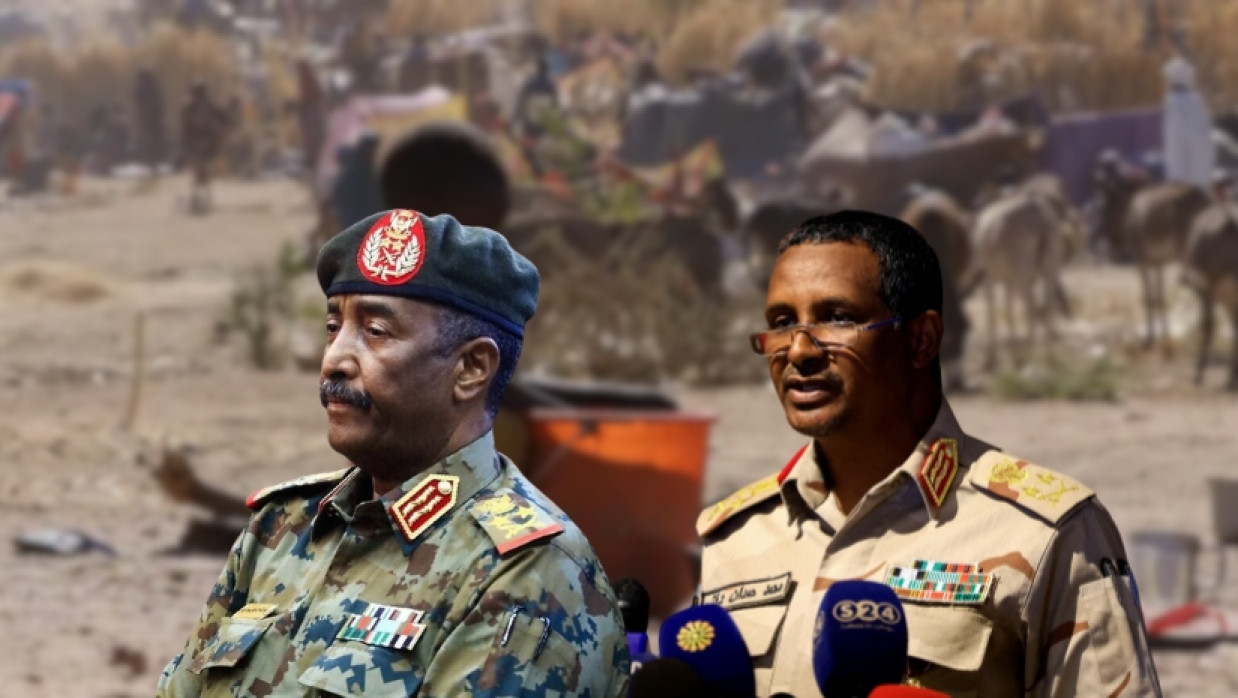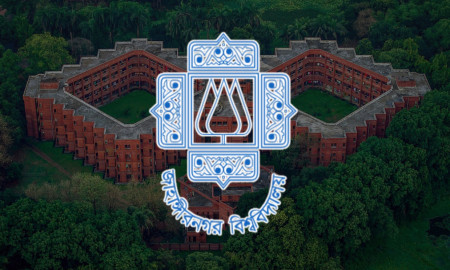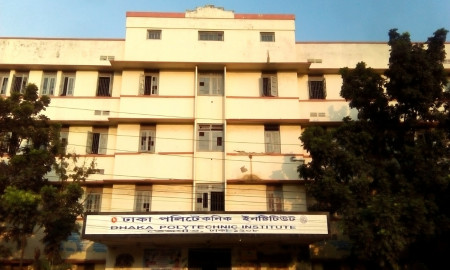Sudan’s Warring Generals: Power, Gold, and Foreign Influence Fuel the Conflict

As Sudan’s devastating civil war enters its third year, analysts say the conflict is driven as much by personal ambition and wealth as by politics or ideology. The power struggle between General Abdel Fattah al-Burhan, head of Sudan’s army, and General Mohamed Hamdan Dagalo, commander of the Rapid Support Forces (RSF), has left the nation in ruins — and drawn in powerful regional players with competing interests.
Once allies in Sudan’s transitional military government after the 2019 ousting of President Omar al-Bashir, the two men jointly staged a coup in 2021 that derailed hopes of democracy. But their alliance soon collapsed amid disputes over the proposed merger of the RSF into the regular army and fears of losing control over lucrative assets and political influence.
Gen Burhan, now leading the UN-recognised government from Port Sudan, maintains strong ties with Egypt, whose stability and access to the Nile are closely linked to Sudan’s fate. Meanwhile, Gen Dagalo — known as Hemedti — has built a paramilitary empire funded by gold mining, foreign contracts, and alleged smuggling networks that extend into the United Arab Emirates (UAE).
The army accuses the UAE of backing the RSF with drone strikes and supplies, an allegation the Gulf state has denied. The RSF is also believed to receive support from Libyan commander Khalifa Haftar, whose forces reportedly help smuggle weapons into western Sudan and recruit fighters.
Control of Sudan’s vast gold resources has become a crucial factor in the war. The RSF’s hold over mines in Darfur and Kordofan provides it with both income and leverage. Gold smuggling through informal routes to the UAE and other markets has long undermined state revenues, fuelling suspicions that the war is being prolonged by profit motives as much as political ones.
In recent months, the RSF’s capture of El-Fasher and territory along the borders with Libya and Egypt has strengthened its strategic position. Hemedti’s declaration of a “rival government” in western Sudan has sparked fears that the country could split once again, as it did when South Sudan seceded in 2011, taking most of the oil reserves with it.
Despite mounting international pressure and sanctions, both generals appear determined to cling to power. For ordinary Sudanese, the contest between two men and their foreign patrons has turned the nation into a battleground — where gold, guns, and geopolitics outweigh human lives.








